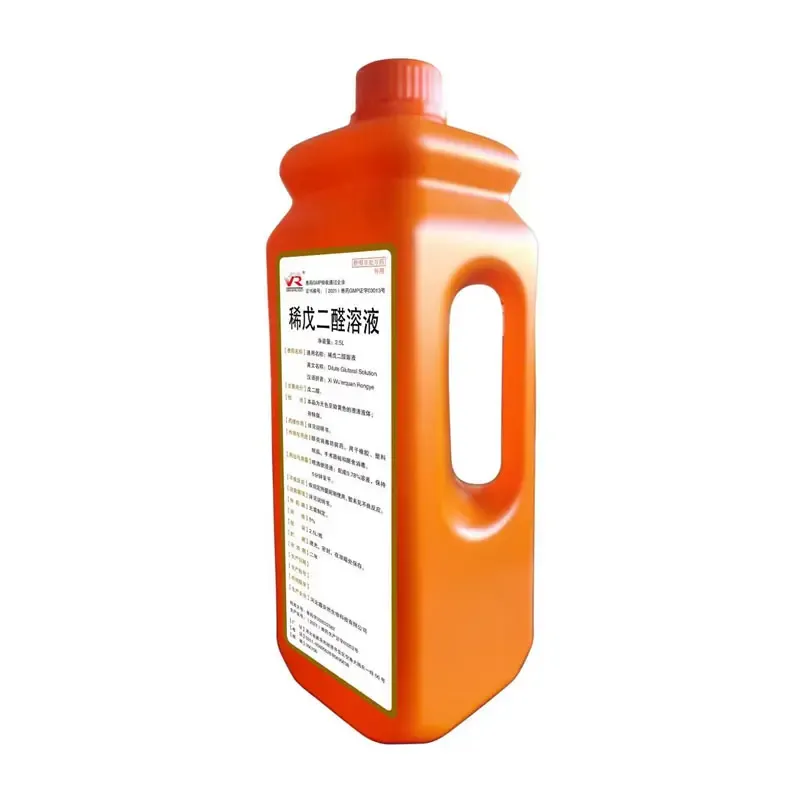- Afrikaans
- Albanian
- Amharic
- Arabic
- Armenian
- Azerbaijani
- Basque
- Belarusian
- Bengali
- Bosnian
- Bulgarian
- Catalan
- Cebuano
- Corsican
- Croatian
- Czech
- Danish
- Dutch
- English
- Esperanto
- Estonian
- Finnish
- French
- Frisian
- Galician
- Georgian
- German
- Greek
- Gujarati
- Haitian Creole
- hausa
- hawaiian
- Hebrew
- Hindi
- Miao
- Hungarian
- Icelandic
- igbo
- Indonesian
- irish
- Italian
- Japanese
- Javanese
- Kannada
- kazakh
- Khmer
- Rwandese
- Korean
- Kurdish
- Kyrgyz
- Lao
- Latin
- Latvian
- Lithuanian
- Luxembourgish
- Macedonian
- Malgashi
- Malay
- Malayalam
- Maltese
- Maori
- Marathi
- Mongolian
- Myanmar
- Nepali
- Norwegian
- Norwegian
- Occitan
- Pashto
- Persian
- Polish
- Portuguese
- Punjabi
- Romanian
- Russian
- Samoan
- Scottish Gaelic
- Serbian
- Sesotho
- Shona
- Sindhi
- Sinhala
- Slovak
- Slovenian
- Somali
- Spanish
- Sundanese
- Swahili
- Swedish
- Tagalog
- Tajik
- Tamil
- Tatar
- Telugu
- Thai
- Turkish
- Turkmen
- Ukrainian
- Urdu
- Uighur
- Uzbek
- Vietnamese
- Welsh
- Bantu
- Yiddish
- Yoruba
- Zulu
Nov . 13, 2024 12:18 Back to list
veterinary disinfectants
The Importance of Veterinary Disinfectants in Animal Health
The role of veterinary disinfectants in maintaining animal health cannot be overstated. As in any field that involves the care and management of living organisms, preventing the spread of infectious diseases is paramount. Veterinary disinfectants are essential tools that ensure the cleanliness and hygiene of environments where animals are housed, treated, and cared for.
In veterinary practices, barns, kennels, and veterinary clinics are high-risk areas where bacteria, viruses, and fungi can easily proliferate. The presence of pathogens poses a significant threat, not only to the animals but also to the humans who interact with them. Therefore, effective disinfectants are necessary to reduce the microbial load and to provide a safe environment for both animals and their caregivers.
Veterinary disinfectants come in various formulations, each designed to target specific types of pathogens. These can include quaternary ammonium compounds, bleach-based products, phenolic compounds, and iodine-based solutions, among others. The choice of disinfectant often depends on the type of facility, the species being treated, and the specific pathogens of concern.
One of the key benefits of veterinary disinfectants is their ability to break the chain of infection. For instance, if a sick animal is treated in a clinic, the surfaces, instruments, and equipment used during the treatment can become contaminated. By using the appropriate disinfectants on these surfaces afterward, the risk of subsequent infections in other animals can be significantly lowered. This practice is especially important in facilities that accommodate a high turnover of animals, such as shelters or boarding kennels.
veterinary disinfectants

However, the effectiveness of a disinfectant relies not only on its chemical composition but also on its proper application. It is crucial for veterinary staff to adhere to the manufacturer’s guidelines regarding dilution, contact time, and surface preparation. Inadequate use can lead to decreased efficacy, allowing pathogenic organisms to survive and potentially causing outbreaks of disease.
In addition to preventing the spread of infectious diseases, the use of veterinary disinfectants plays a critical role in biosecurity measures. Biosecurity refers to the practices and protocols designed to prevent the introduction and spread of harmful organisms into a population. Implementing a robust cleaning and disinfection protocol is a cornerstone of any biosecurity plan, especially in large agricultural settings such as farms with livestock. For example, thorough disinfection of transport vehicles, feed bins, and housing facilities helps protect the health of the entire herd or flock.
Moreover, the constant evolution of pathogens means that veterinarians and animal care professionals must stay informed about the latest advancements in disinfectant technologies. New products are continually being developed to combat increasingly resistant strains of bacteria and to address specific challenges posed by zoonotic diseases—diseases that can be transmitted from animals to humans.
In conclusion, veterinary disinfectants are indispensable in safeguarding animal health and preventing the spread of infectious diseases. By ensuring that environments are properly cleaned and disinfected, veterinary professionals can not only protect the animals under their care but also the wider community. As advancements in disinfectant formulations continue, it is crucial for veterinary staff to remain educated about best practices and the importance of effective disinfection protocols. Ultimately, the health of both animals and people relies on diligent hygiene practices, making veterinary disinfectants a key component of effective veterinary care.
-
Guide to Oxytetracycline Injection
NewsMar.27,2025
-
Guide to Colistin Sulphate
NewsMar.27,2025
-
Gentamicin Sulfate: Uses, Price, And Key Information
NewsMar.27,2025
-
Enrofloxacin Injection: Uses, Price, And Supplier Information
NewsMar.27,2025
-
Dexamethasone Sodium Phosphate Injection: Uses, Price, And Key Information
NewsMar.27,2025
-
Albendazole Tablet: Uses, Dosage, Cost, And Key Information
NewsMar.27,2025













